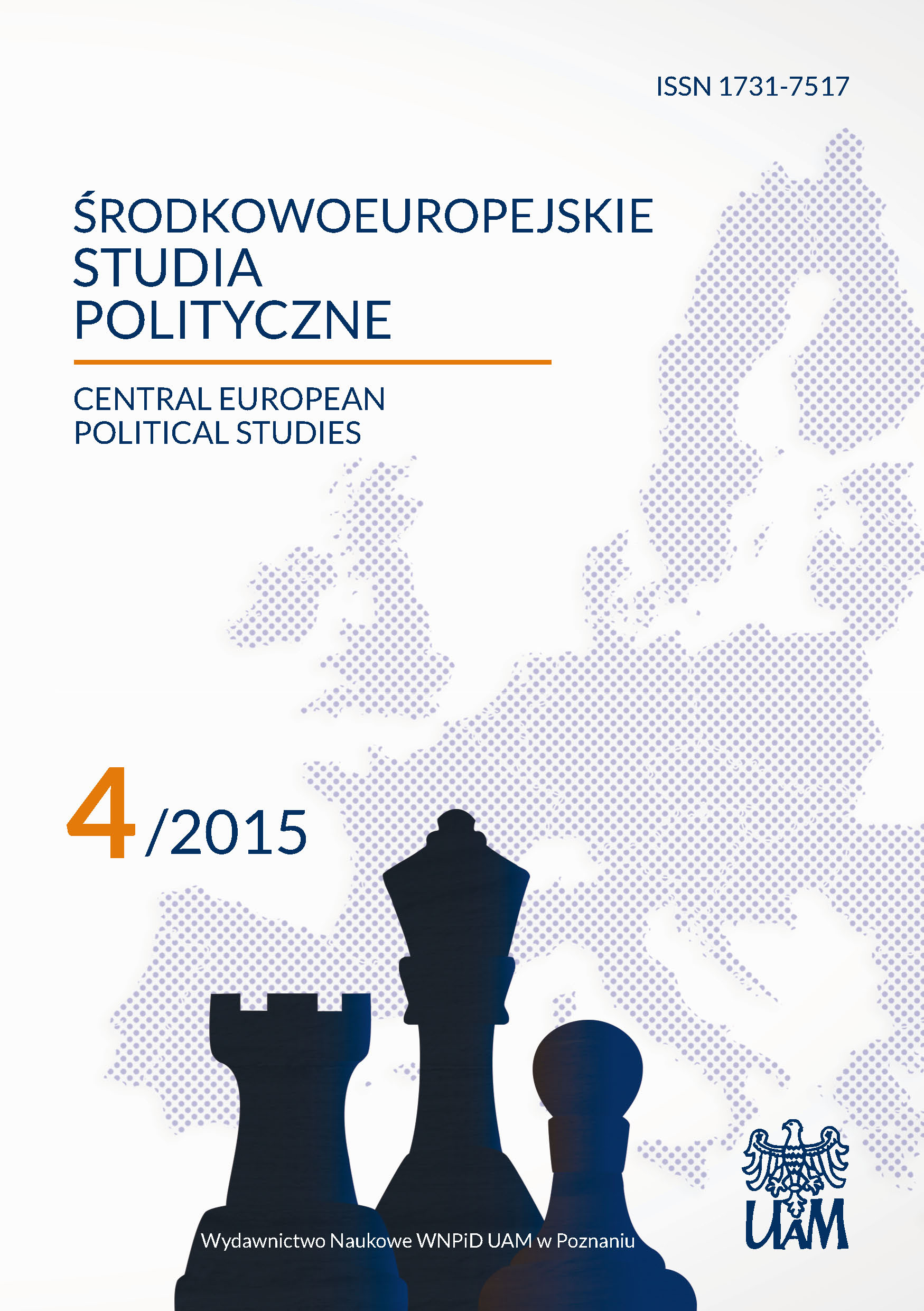Spór o media publiczne w Polsce w świetle standardów europejskich
Dispute over public media in Poland in the light of European standards
Author(s): Jędrzej SkrzypczakSubject(s): Social Sciences, Media studies, Communication studies
Published by: Uniwersytet Adama Mickiewicza
Keywords: public media; European standards; Council of Europe; European Union; Law on Broadcasting; Polish Television Company (Telewizja Polska S.A.); Polish Ra- dio (Polskie Radio S.A.)
Summary/Abstract: Independent public media clearly are a permanent and important element of democracy in Europe. It is claimed that several fundamental factors are indispensable for public media. Firstly, regulations are necessary to guarantee the right mechanisms of appointing the structures to manage and supervise the media. Secondly, they should be ensured editorial independence. Thirdly, appropriate financing principles are necessary and, finally, adequate measures to formulate, assign and execute public responsibilities, or public mission of the media, have to be implemented. The subject of this paper is to analyse European standards defining the principles of operations of public media with reference to the first above-mentioned issue and – in this context – to ana- lyse the highly controversial amendments to the Law on Broadcasting of 30 December 2015. It should be emphasised, however, that practically no legal provision can ensure the operation of truly free, independent and apolitical public media. They cannot be ‘decreed’ but should rather stem from tradition and political, historical, social as well as cultural experiences. One has to agree with the thesis that institutional and systemic solutions alone will not ensure the emergence of public media, and in particular that they will fulfil their public mission. It is necessary to develop adequate mechanisms of political culture and abandon treating public radio and television as political spoils. Especially in a country like Poland, where the standards of a democratic state and the concept of public media are still a new experience, systemic solutions should promote such principles. It is difficult to ignore the reservations made by different European structures and avoid the impression that the only goal of the amendments made to the Law on Broadcasting was for the ruling party to ‘take over’ the public media.
Journal: Środkowoeuropejskie Studia Polityczne
- Issue Year: 2015
- Issue No: 4
- Page Range: 91-112
- Page Count: 22
- Language: Polish

